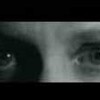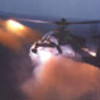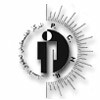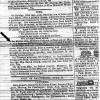
Eyes Wide Open: The Siege
9 February 2004
B’Tselem has produced a music video as part of the campaign against Israel’s siege policy. The song - “Eyes Wide Open” - is a remake of a popular Israeli song, featuring well-known Israeli artists. The song’s lyrics speak of the need to acknowledge the reality. The music video features footage taken at roadblocks and checkpoints and shows the reality of Israel’s siege policy. Read more about Eyes Wide Open: The Siege








